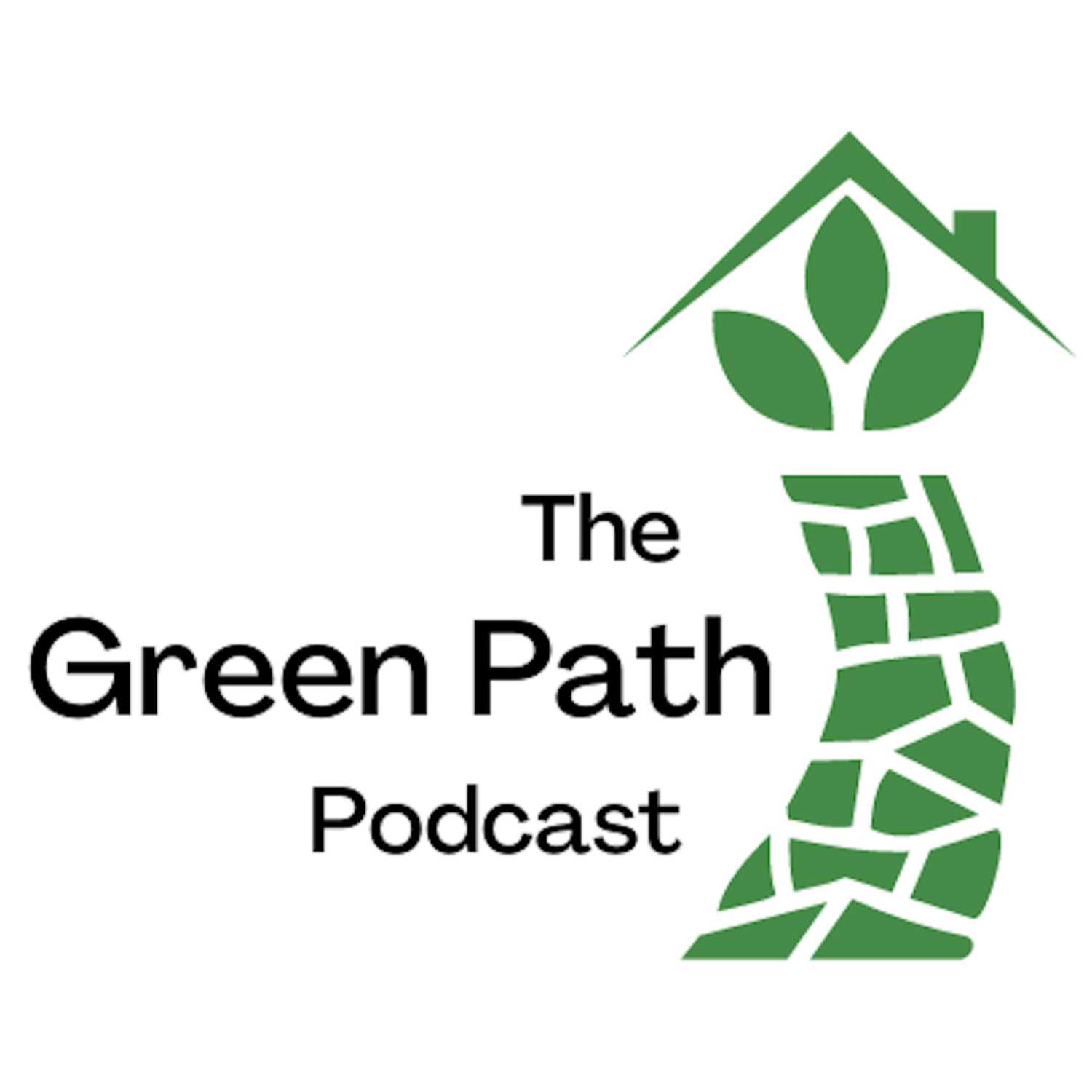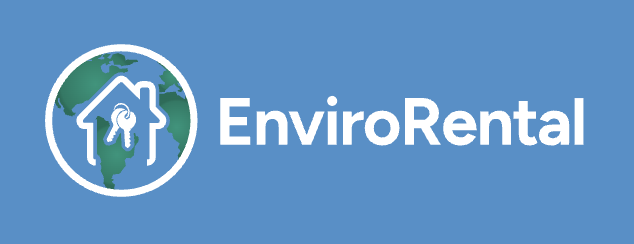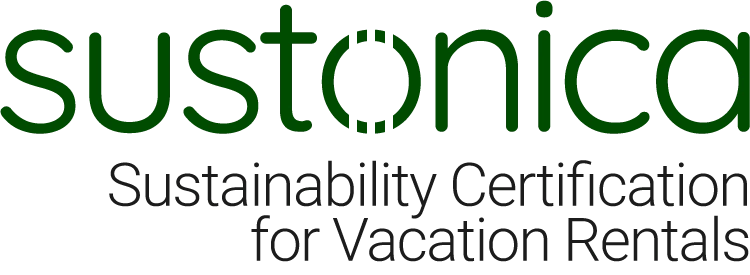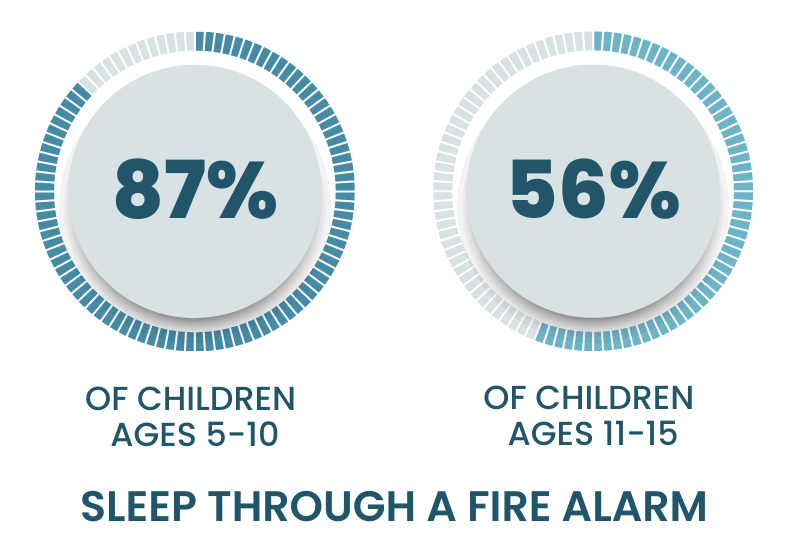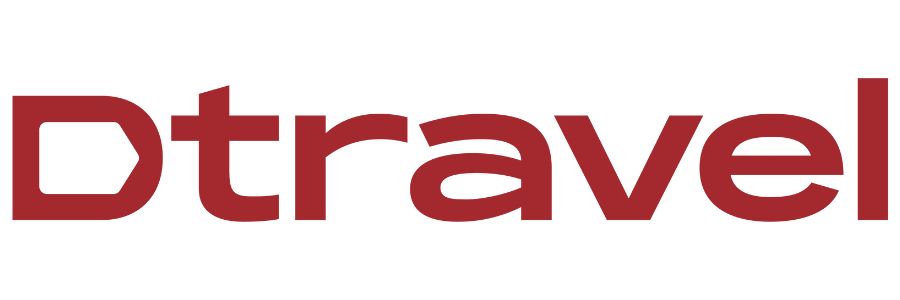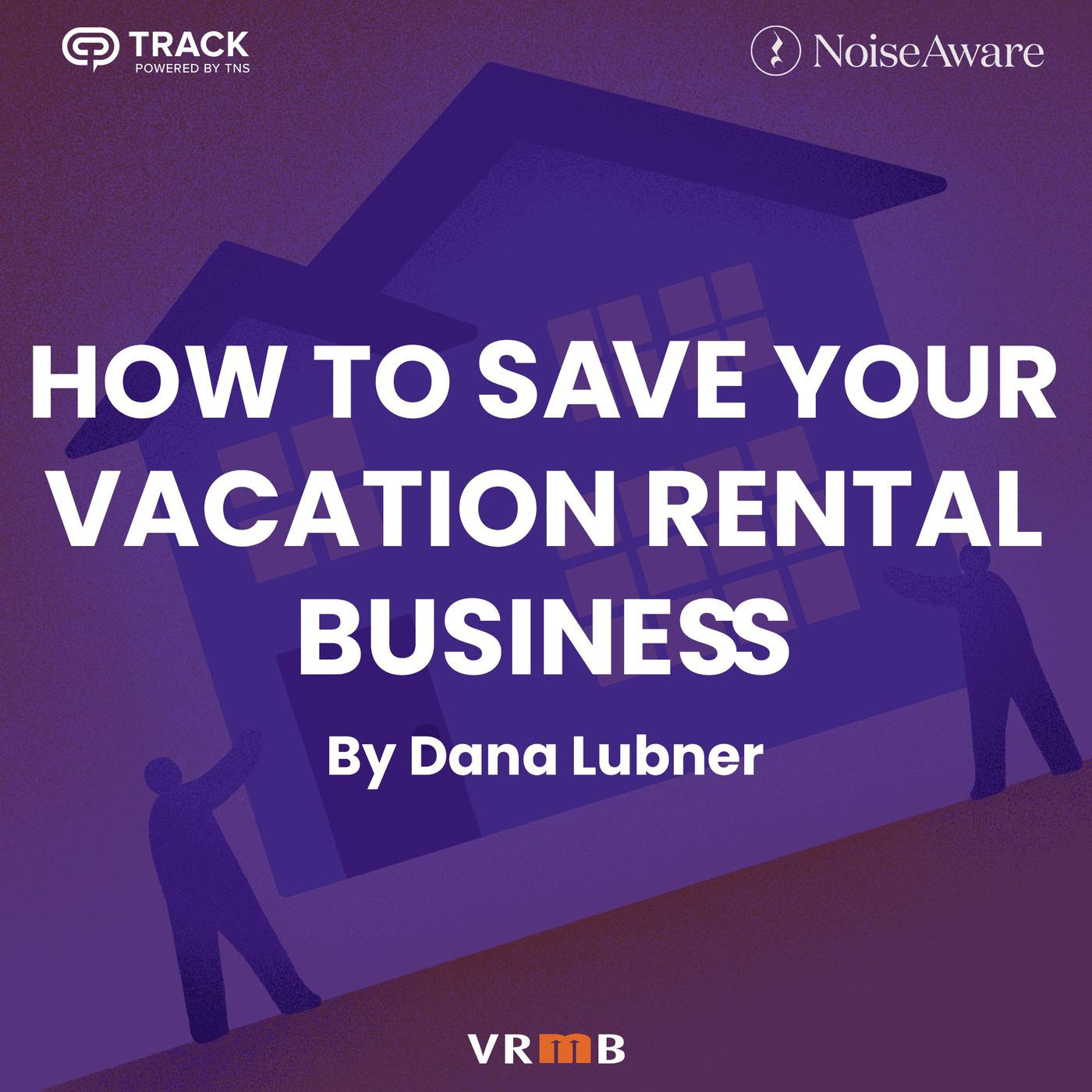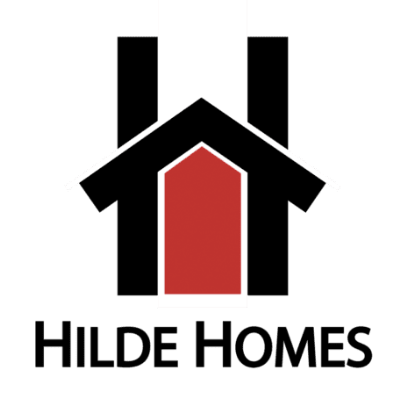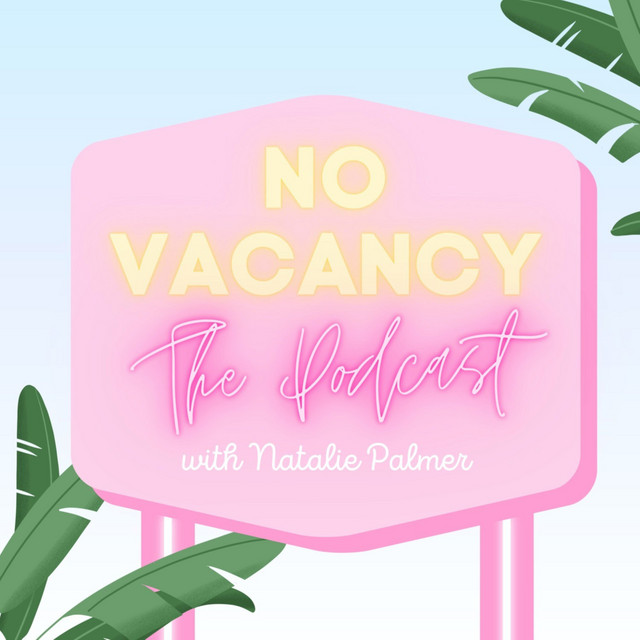2023 STR
Sustainability Report
and RESOURCE GUIDE
ABOUT THE REPORT
On April 18 – 19, 2023, Rent Responsibly hosted RR Summit: People, Places, Planet, a two-day virtual conference exploring sustainability through a variety of lenses. The event featured 17 sessions, 22 subject matter experts, and 15 podcast hosts covering everything from traveler demand for sustainable stays to environmentally conscious property care, business longevity, community ecosystems, and personal wellness.
This report covers the data and insights from the Summit, including recordings of many of the sessions. (Podcast sessions can be found in your favorite podcast apps – links are provided throughout this report.)
TABLE OF CONTENTS
• Tapping into Thriving Traveler Demand for Sustainable Stays
• Spotlight on Property Tech
• Spotlight on Safety
• Sustainable Tourism Management for All
• How Many Guests is Too Many?
• Spotlight on Noise
• Spotlight on STR Insurance
• Unlock Your Impact: Fundraising, Lobbying, and Political Engagement
• Going Beyond Work-Life Balance
• Longevity Through Thriving Company Culture
• Sustaining Your Whole Self with Hosting Practices That Work for You
• Spotlight on Pricing and Revenue Management
• Marketplace Listing Success
•. Sustainable Brands
• Spotlight on Direct Bookings
• Future-Proof Your Brand
• Multiplying Impact Through Thought Leadership
Sustainability Matters
Traveler demand for sustainable stays and how to take action
In a time of increased screen time and less connection between humans and their natural environment, “travel is ultimately the medicine for our daily lives,” said Rent Responsibly CEO Dave Krauss.
Vacations help to improve our mental health. According to the 22nd Annual Vacation Deprivation Report, 88% of Americans reported feeling more relaxed and less anxious after a vacation.
Yet, according to the United Nations Environment Programme:
“UN Environment research has indicated that the tourism sector’s consumption of key resources – energy, water, land and materials (such as fossil fuels, minerals, metals and biomass) – is growing commensurately with its generation of solid waste, sewage, loss of biodiversity, and greenhouse gas emissions. In a ‘business-as-usual’ scenario, tourism would generate through 2050 an increase of 154% in energy consumption, 131% in greenhouse gas emissions, 152% in water consumption and 251% in solid waste disposal. This is why sustainability must now define tourism development in the 21st century.”
Countries need to reduce their carbon emissions by nearly 50% by 2030 and net zero emissions by 2050 to avert the worst impacts of climate change, according to the United Nations. The problem is many people are unaware of this urgent goal, said Bob Garner, founder of EnviroRentals.
“Emissions in tourism generally and in short-term rentals are still rising, and we haven’t even plateaued. So the idea is to try and get people talking about sustainability, understanding it as a climate emergency, but also trying to get people to take action, or not wait.”
Insights from
Tapping into Thriving Traveler Demand for Sustainable Stays

Deborah Labi
The Green Path Podcast

Bob Garner
EnviroRentals

Vanessa de Souza Lage
Sustonica

Tara Scott
Click Book Stay
Traveler Demand
“Sustainability is going to be a hot topic, and to get ahead of the pack, you need to do something now,” said Deborah Labi, host of The Green Path Podcast.
According to Expedia Group’s 2022 Sustainable Travel Study:
- 90% of consumers look for sustainable options when traveling
- 65% of consumers would like to opt for environmentally friendly transportation or lodging on their next trip
- Half of consumers would be willing to pay more for transportation, activities, and lodging if the option was more sustainable
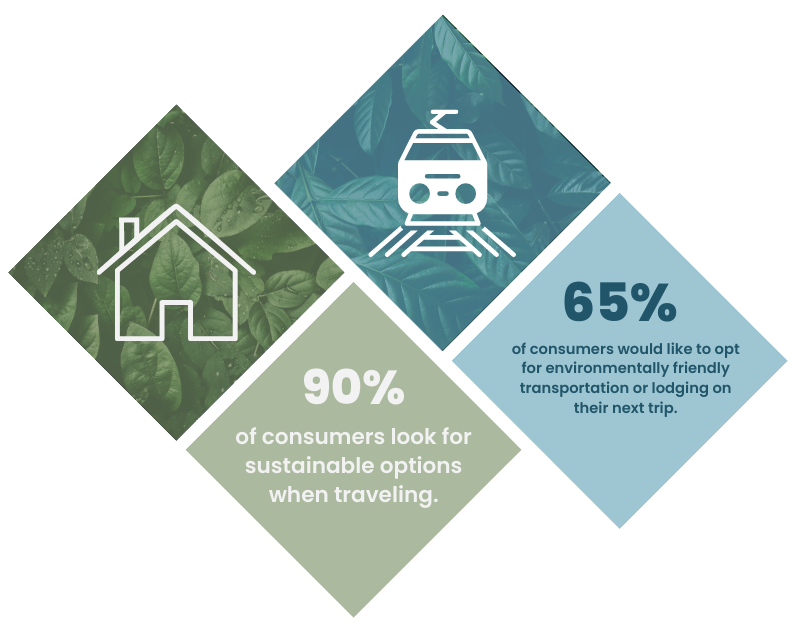
Action Plan
Labi, Garner, de Souza Lage, and Scott recommended the following:
Know Your Footprint
Assess your carbon footprint and energy consumption to see where you can improve
Switch to Green Energy
Look at your energy suppliers and ask questions about their sustainability policies. Get a renewable energy certificate or sign up for a green energy tariff.
Swap Light Bulbs
Switch to LED lights. Check your utility provider for free lightbulb programs and other green energy kits.
Reduce Product Mileage
Take into account all the things that you purchase and how many miles the products travel to get to your business. Shop locally for supplies or shop in bulk if you can’t find the product locally.
Double Down on Local
Include recommendations in your digital guest book to encourage guests to eat, shop, and recreate locally.
Say No to Plastics
Reduce or eliminate single-use plastics. Replace single-use shampoos and other toiletries with refillable dispensers.
Hydrate Responsibly
Provide refillable water bottles and reusable shopping bags to your property and include messaging to encourage guests to use them.
Opt for Recycled Goods
Use recycled products like toilet paper and paper towel rolls from companies like Who Gives a Crap.
+ Promote the Win-Win-Win to Your Guests
“We’ve got to show guests they can have a better experience by adopting a sustainable approach,” said Tara Scott, Founder & Managing Director of Click Book Stay.
More from the guest speakers
SPOTLIGHT ON:
Property Tech
Steve Davis, CEO of Operto, shared some of the trends in eco-conscious travel that the property automation company has seen over the past year and how automation software can help meet the demand for sustainability features inside short-term rentals.
Sustainability is no longer a buzzword; guests want to see evidence of sustainable features at vacation rentals, he shared.
For Operto, hot-selling products are automated solutions that manage energy consumption and reduce waste. An example is Operto Booth, which uses Bluetooth technology to repurpose old door locks. The software moves the lock online and gives it a second life so it doesn’t end up in a landfill.
Operto also recommends directing guests to local businesses and attractions.
“If you can keep guests’ stay to a fairly tight radius around your property, everyone’s actually winning at the end of the day,” Davis said.
Learn more in the replay of We Are All Guests in a Much Bigger Stay: A Conversation with Steve Davis
Join the Rent Responsibly Network to access the replay of this session and dozens more.
Already a member? Log in here.
Justin Ford, director of safety and certification programs at Breezeway, described different types of fires that can start inside your vacation rental and tips for choosing a fire alarm that will alert your guests in multiple fire scenarios.
Ford’s Top Smoke Alarm Advice:
-
Read smoke alarm reviews. “No one looks at smoke alarm reviews,” Ford said. “It’s absolutely ironic that the most important thing is the one that we don’t look at.”
- Install both ionization and photoelectric smoke alarms in places where people sleep, or dual-sensor smoke alarms, which can sense ionization and photoelectric fires.
- Choose interconnected smoke alarms so that when one alarm detects a fire, all of the alarms sound at the same time.
- Consider specially designed alarms with strobe lights that flash overhead for guests with hearing loss.
- Smoke alarms should be no more than 10 years old.
- Install smoke alarms within 21 feet of the door to every sleeping area.
- Read the manufacturer’s instructions and clean the smoke alarm at recommended intervals, and keep a record of maintenance. “In some lawsuits from fire deaths in short-term rentals, lawyers are asking for maintenance records that show if the smoke alarms were maintained,” Ford said.
Learn more in the replay of The Importance of Smoke Detectors
Join the Rent Responsibly Network to access the replay of this session and dozens more.
Already a member? Log in here.
Sustainable Communities
How Short-Term Rentals Contribute to Thriving Destinations
Sustainable Tourism Management for All
“If we don’t manage the impacts of tourism on environmental attractions, they’re no longer attractive and people will stop coming to visit,” said Melanie Brown, executive director of data insights at Key Data.
A sustainable tourism destination requires collaboration with destination marketing organizations (DMOs), data-driven decisions, and education on the important role of STRs.
“There is no real model for how DMOs and STRs work together. It’s not a one size fits all,” said Kristen Cruz, co-founder of Destination Innovate.
Brown and Cruz discussed how to use data as fertilizer for flourishing grasstops partnerships in your market. They recommended staying updated on important indicators in your market such as occupancy, average daily rate (ADR), and seasonality.
For example: In most markets, STR guests stay 72% longer than hotel guests. DMOs are looking to encourage visitors to stay longer.
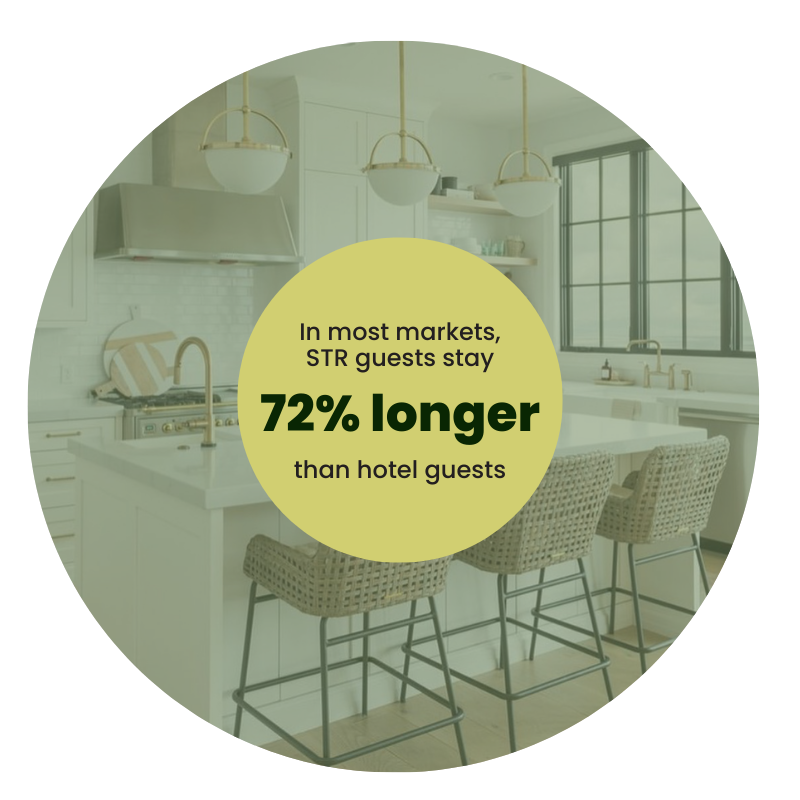
Then, use those critical metrics to form symbiotic relationships with your tourism board, destination marketing organization (DMO), or convention and visitors’ bureau (CVB). The result will be a win-win-win for you, your guests, and your destination.
Key Takeaways:
- A sustainable tourism destination plan includes managing the environmental impact of visitors, supporting local businesses, services, and people; and supportive local residents, DMOs, and city officials.
- Questions to ask when reaching out to your local DMO:
- Are you currently marketing the short-term rental accommodations in our city? If so, be sure that STRs are part of the curated lodging available to view on their website. If not, ask your DMO if there is a plan to showcase STRs on their website in the future.
- Is there any opportunity to collaborate with your DMO on marketing promotions where my STRs can be featured?
- DMOs and STRs can work together on data sharing, maximizing revenue per available room (RevPAR) instead of occupancy, common-sense regulations, coordinated branding, and two-way communication.
Learn more in the replay of Successful STRs Meet Resilient Destinations
Join the Rent Responsibly Network to access the replay of this session and dozens more.
Already a member? Log in here.
How Many Guests is Too Many?
Short-term and vacation rentals have seen unprecedented demand in the last few years, leading local governments to reexamine exactly how many travelers their infrastructures, workforce housing supply, and ecosystems can sustain. Overburdened towns, cities, and counties are increasingly turning to limiting or even banning STRs as a solution – but does this actually work?
In this live recording of Sarah and T, co-hosts Sarah Bradford and Tim Cafferty discussed how vacation rental operators everywhere need to be part of effective tourism management. Being involved in the conversation draws guests to your destination in a way that’s a win for you and a win for your community.
“Proper planning prevents poor performance,” said Cafferty.
In order to answer the question How many guests is too many?, they encourage vacation rental operators to ask themselves and their communities.
What is your community doing about housing for employees?
- “Hospitality can’t be automated. People deliver hospitality,” said Bradford.
- Get involved in workforce housing discussions in your community, and support workforce housing projects.
- Offer incentives to vacation rental owners to switch to long-term rentals.
What can you do to make sure you are a good steward of the community?
- Create a guide for guests on how to be a good neighbor and steward in the community that they’re visiting, and inform guests about hot button issues like noise or trash.
- Provide reusable bags. Let guests know the tap water is good and discourage the use of plastic water bottles.
- Note the problems your community doesn’t have, and make your guests feel like they’re part of a program to keep those problems out of the community. For example, cited Cafferty, “One of the best things we have in [Outer Banks] is we don’t have [litter]. So, please, remove all of your trash when you’re at the beach and dispose of it properly.”
- Direct your guests to voluntourism opportunities that help to protect and preserve nature, the environment, or the community.
What does the future look like for tourism in your community?
- Think of ways you can get your community leaders to think about what tourism will look like 10 or 20 years from now. That includes regulations. “Regulation is good, especially if you’re at the table. It makes the bad actors have to shape up, and it lets the whole community see there’s some control over this,” said Bradford.
- Educate local officials about the short-term rental sector, how it works and how it contributes to tourism. For example, “Emphasizing the visitors’ zero environmental impact can turn the tide on negativity with locals,” said Cafferty.
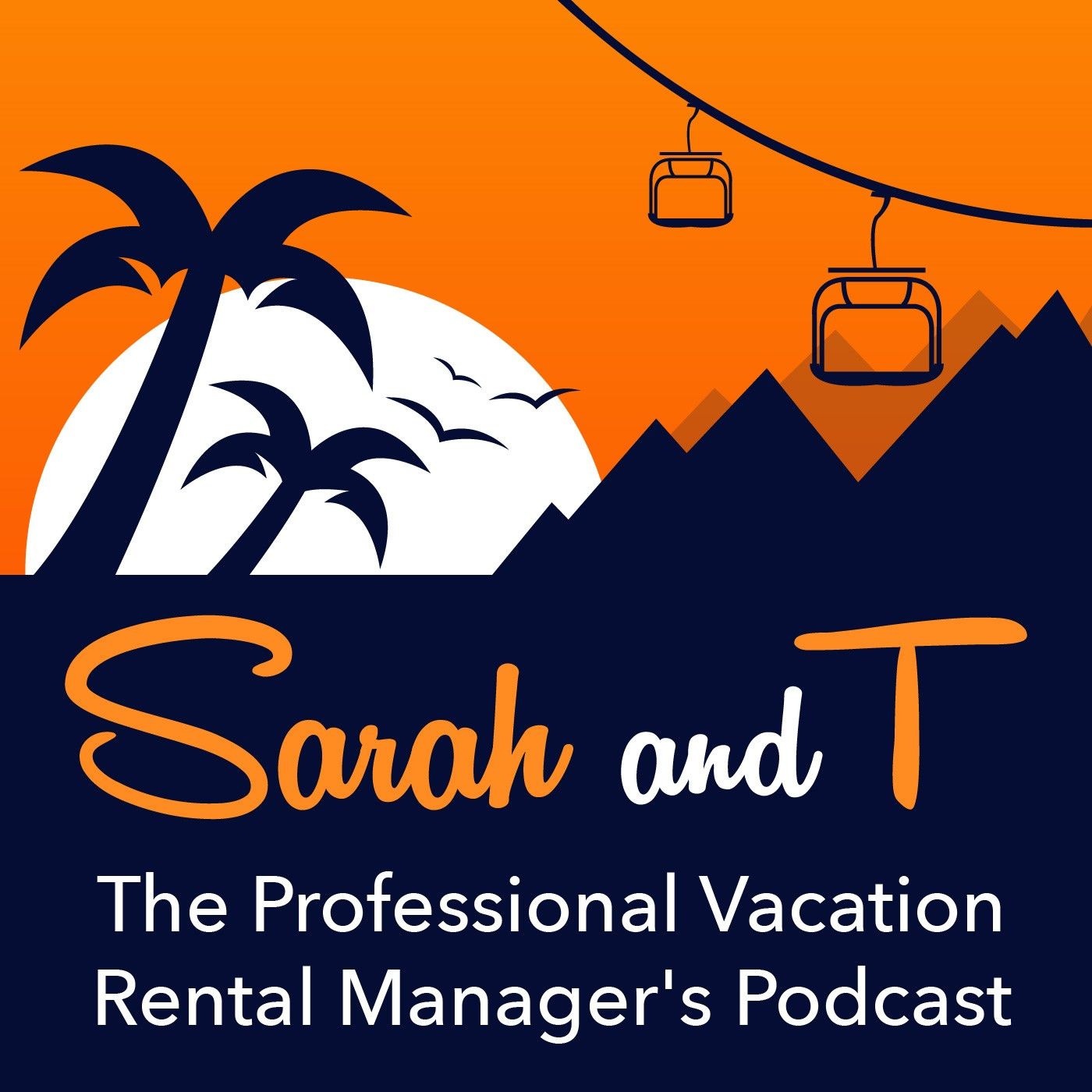
Listen to the replay of this session on the Sarah and T Podcast
SPOTLIGHT ON:
Noise
With cities across the country adopting new ordinances, many introduce strict regulations on the time allowed to respond to noise/complaints at a vacation rental property. Cities also are requiring technology to monitor noise. In this session, Patrick Arata, senior director of customer experience at NoiseAware, talked about how the company has worked with property managers to help them stay ahead of these crackdowns and use data to prove you are a good actor in the vacation rental industry. He also gave tips on how to stop unauthorized events or parties at your properties, reporting features that can help you show your city you are a good neighbor, and what some of that noise really is in those ordinances.
“The biggest thing is, you don’t want to be the bad neighbor. You want your vacation rentals to be in the best light,” he said. Noise and other nuisances at short-term rentals can be the impetus for regulatory bans and restrictions that hurt your bottom line, which is the opposite of a sustainable business.
A quick history: The first city ordinance to set decibel limits for noise was enacted in San Francisco, California, in 1962. The maximum was 45 decibels for residential areas during the day and 50 decibels at night. The ordinance served as a model for other cities around the world to establish their own noise regulations based on decibel measurements.
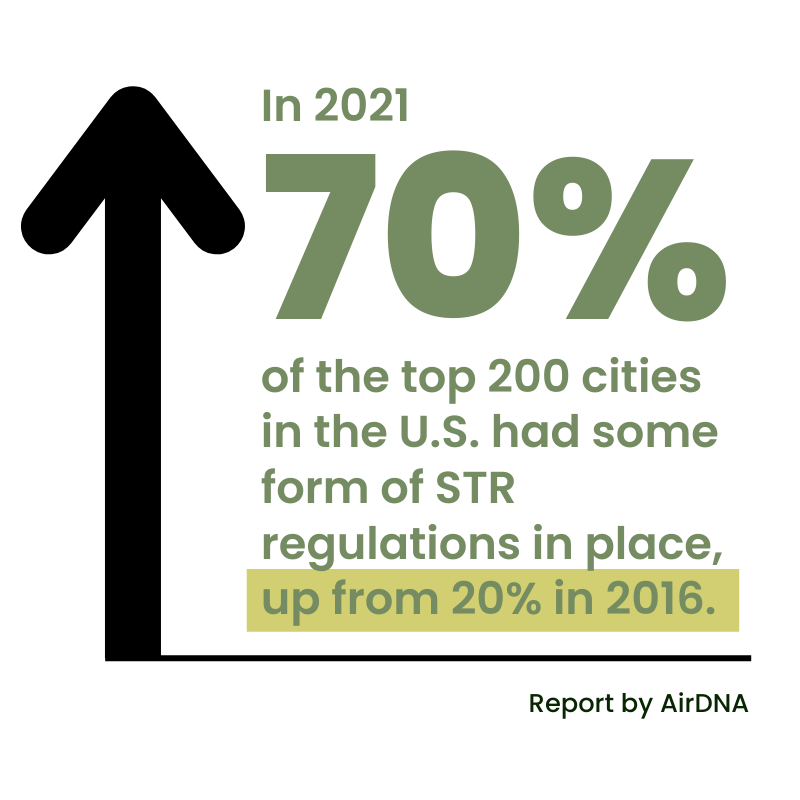
New Orleans, Louisiana, in 2016 passed the first law requiring hosts of short-term rental properties to adhere to specific noise level restrictions and imposed fines for violations. In 2021, about 70% of the top 200 cities in the U.S. had some form of short-term rental regulations in place, up from 20% in 2016, according to a report by AirDNA.
Checklist for making your vacation rental business more sustainable:
- Join your local short-term rental alliance to stay informed of best practices, proposed city ordinances, and what other short-term rentals are doing to be a good neighbor.
- Know your local city council members, understand their views, and share with them your story about why you short-term rent your home and how you are a good neighbor.
- Use technology like noise monitoring, guest screening, and case management tools to help prevent and manage nuisances with greater confidence and ease. Using a noise-monitoring system reduced the resolution time for noise events by 52% in Scottsdale, Arizona, according to a study by NoiseAware.
- Meet other hosts and property managers and find out what they do to prevent nuisances.
- Research what other nearby cities are doing as far as STR regulation.
Learn more in the replay of How to Stay Ahead of City Crackdowns & Understanding Noise
Join the Rent Responsibly Network to access the replay of this session and dozens more.
Already a member? Log in here.
SPOTLIGHT ON:
Short-Term Rental Insurance
Nick Massey, director of sales at Proper Insurance, discussed how insurance plays a role in maintaining sustainable real estate markets for short-term rentals and how inadequate coverage can negatively impact these markets.
“Sustainable insurance aims to reduce the overall risks of the market, develop innovative solutions, improve your business performance, and contribute to the environmental, social and economic stability,” Massey said.
“Poorly written insurance requirements lead to confusion and unfortunately can lead to unintentional bans of short-term rentals through the permitting process,” he added.
Key Takeaways:
- The right insurance coverage ensures the sustainability of short-term rental markets.
- In the event of an accident, the wrong insurance could contribute to a negative perception of short-term rentals in the community and could even be the catalyst for a short-term rental ban in your community.
- Regulations that require adequate insurance are in the long-term best interest of vacation rental operators and property managers.
- To adequately protect short-term operators and the community, regulations need to require the following minimums:
- General liability coverage oft no less than $1,000,000 per occurrence
- Explicit use of the property as a short-term rental
- A certificate of insurance
- The city or county named as a certificate holder
- Thirty-day notice of cancellation or non-renewal
- A copy of the policy or certificate of insurance provided to the city or county
Learn more in the replay of How Insurance Plays a Critical Role is a Sustainable Short-Term Rental Business
Join the Rent Responsibly Network to access the replay of this session and dozens more.
Already a member? Log in here.
Insights from
Unlock Your Impact: Fundraising, Lobbying and Political Engagement

Dana Lubner
Rent Responsibly

Tiffany Edwards
VRMA

Scott Leggat
Inhabit

Noah Stewart
Expedia Group
Unlock Your Impact
Rent Responsibly’s Dana Lubner and panelists Tiffany Edwards of VRMA, Scott Leggat of Inhabit, and Noah Stewart of Vrbo, discussed the ins and outs of fundraising for advocacy or legal efforts, lobbying for and against regulatory policies, and political engagement.
Quick Tips:
- Work together with people who have similar goals and interests to protect and form an alliance or political action committee.
- Model good citizenship and professionalism in how you operate your business.
- Get involved, attend town council meetings, meet the candidates, introduce yourself to local elected officials, and make yourself the established authority on vacation rentals in your community.
- Find your political allies, such as vendors who benefit from vacation rentals, real estate agents, and builders
- Be mindful of and comply with the local laws on political action in your community.
Learn more in the replay of Unlock Your Impact: Fundraising, Lobbying and Political Engagement
Join the Rent Responsibly Network to access the replay of this session and dozens more.
Already a member? Log in here.
More from the guest speakers
Sustaining Ourselves
Marketing, Branding, Business Longevity, & Personal Wellness
Going Beyond Work-Life Balance
Dave Krauss, co-founder and CEO of Rent Responsibly, and Wil Slickers, the voice behind Hospitality.FM, delved into an intimate conversation about finding purpose and achieving work-life balance. Wil shared some of the challenges he faced in finding his purpose in life and building a podcast network and digital community that now hosts thousands of guests. As a notable thought leader in our industry, Wil had some valuable tips on how he maintains his focus, drive, and emotional regulation amid his busy schedule.
Their Advice:
- Good habits help improve mental focus. “For some personal habits, I block off my calendar on specific events and specific times of the week where I have a high-level thinking time scheduled every day from 6:30 to about 8:30 where I can journal, I can read, I can focus on the really important CEO visionary tasks.” – Wil Slickers
- If you’re in a dark place, you’re not alone.
- Community is critical to wellness and a sense of purpose and belonging.
- Get to know yourself and follow what you’re interested in.“When I’m designing my day, where am I getting joy in the most amount of moments throughout the day, rather than just at the end where I’m not working.” – Wil Slickers
- Batching tasks, blocking time, and having a routine are powerful strategies to be more effective in your purpose.

Longevity Through Thriving Company Culture
Mateo Bradford-Vazquez and John Stokinger, co-hosts of The No BS Short-Term Rental Podcast, led a discussion on how the right culture sets up your business for long-term success.
Culture refers to the values, beliefs, behaviors, and practices of your business. It drives the way a team interacts with customers, builds the business, and makes decisions. “A positive culture can enhance customer loyalty by creating a brand that customers trust and feel connected to,” said Stokinger.
And it has real ROI: Companies with cultures that value diversity, creativity, and connection tend to attract and retain quality employees and have greater overall success. A 2015 McKinsey report on 366 public companies found that those with the most ethnic and racial diversity in management were 35% more likely to earn profits that exceeded the mean for their respective industries.
“The people are what make any business work or not work. And so when you think of culture, think of it as a magnet, you’re gonna attract the certain type of people who vibe or fit into that culture,” said Dave Krauss.
Their big advice: Culture doesn’t happen overnight; it takes effort and consistency. When developing your culture, seek open and honest feedback from employees and make changes when necessary.
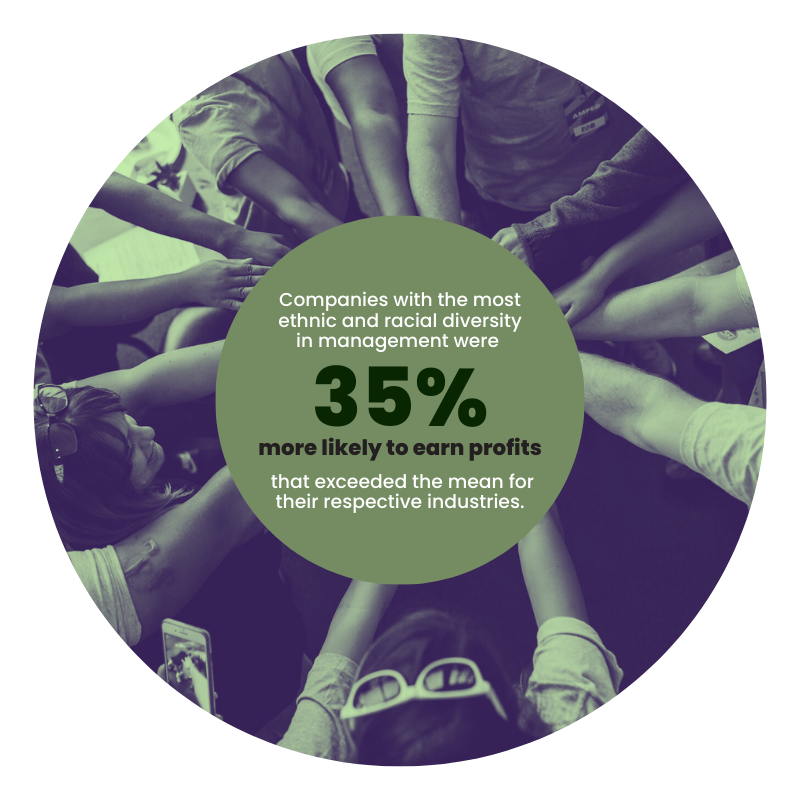
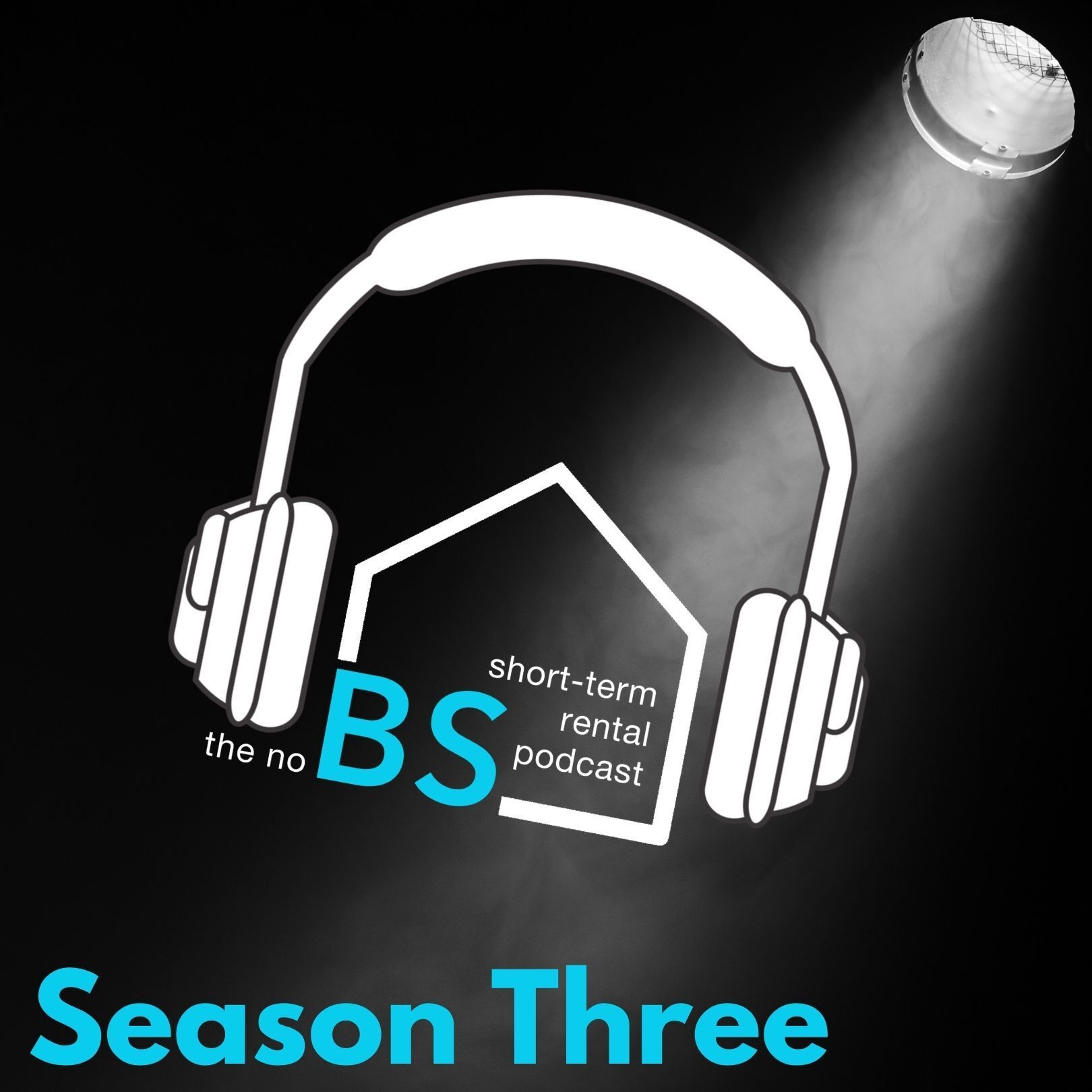
Listen to the complete replay of this session on The No BS Short-Term Rental Podcast
Sustaining Your Whole Self with Hosting Practices That Work for You
Sarah and Annette of the Thanks for Visiting Podcast talked about how to take care of yourself as much as you care for your guests by designing your hosting business to work for you.
One of their biggest pieces of advice: Know your financial numbers. Know where you are and where you want to go.
“Understand your financials through the peak season and through the low season and always make confident decisions with your guests based on data over drama,” said Karakaian.
“I give you permission to own your business. … It is your product, it is your program, and you have every right to say, unfortunately, I can’t bend those rules,” said Karakaian. “That’s at the health of our business and our team morale.”
Other Tips:
- Automate tasks. “Automation and guest interaction don’t have to be at odds.” – Sarah Karakaian
- Guard your time. Take your special days off the calendar so you don’t have to worry about check-ins and check-outs on those days. Anticipate the time you will need to do maintenance at the property.
- Have an inspector come into the home after cleaning is completed to evaluate for safety and functionality, like whether the remote control and WiFi are working.
- Hire a guest services person. It can be a remote position, but it relieves you from having to be on duty 24/7.
- Compile a hosting handbook and SOPs that you can leave for someone in case of a family emergency or if you want to take some time off for your mental health.
- Connect with your guests and invite good guests back as repeat customers.
- Print out great reviews to have ready to lift your spirits on bad days.

SPOTLIGHT ON:
Pricing & Revenue Management
Andrew Kitchell, CEO of Wheelhouse, and Ben Coleman of Coleman Revenue & Research gave tips on how a revenue management platform can help make your vacation rental business more sustainable.
“It turns out that sustainability sells,” said Kitchell. “Marketing sustainability gives you pricing power. That’s borne out in the data across hospitality.”
If your STR has environmentally sustainable features, you may be able to charge more per night for it. For example, vacation homes that add an EV charger gain an almost 13% increase in revenue, according to Wheelhouse.
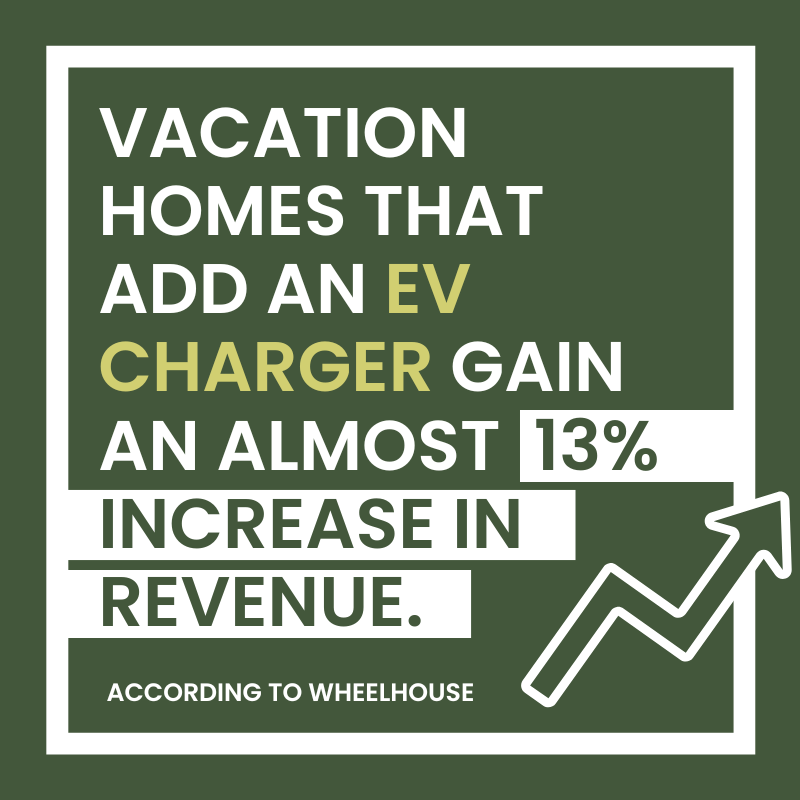
Top three tips for revenue management to drive portfolio performance:
- Create a baseline against the market using market data from Wheelhouse and Key Data.
- Set realistic budgets and forecasts based on data on historical trends in your market.
- Find opportunities where you can drive your rate
Learn more in the replay of Creating a Sustainable Business
Join the Rent Responsibly Network to access the replay of this session and dozens more.
Already a member? Log in here.
SPOTLIGHT ON:
Marketplace Listing Success
Margie Mills, account manager for partner success at Vrbo, detailed the components of a great listing that will entice your target guest and help you stand out from the crowd. She also revealed the latest data on traveler trends and sought-after amenities to keep in mind for your vacation rental business.
Two of the most important features: Photos and amenities.

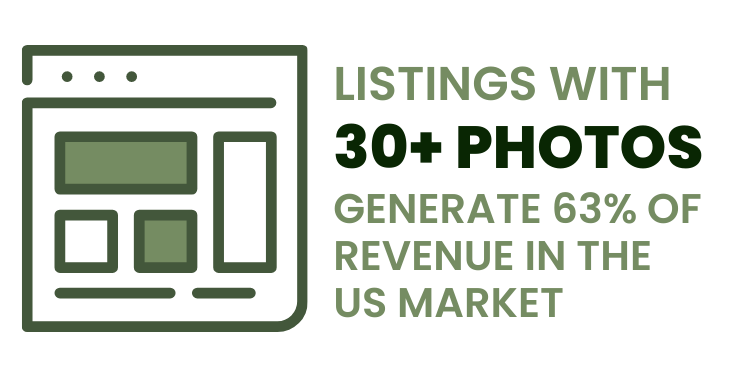
In North America, properties with more than 30 photos generate 63% of revenue in the market. You have 6 to 9 seconds to grab the attention of the traveler, so list every amenity you can, and make sure you highlight your top amenities and features in your listing’s first five photos.
“Photos are by far the most important investment you can make for your vacation rental,” Mills said. “High quality photos will go a long way to bring travelers into your listing and convince them to book with you.”
Learn more in the replay of Anatomy of a Successful Listing
Join the Rent Responsibly Network to access the replay of this session and dozens more.
Already a member? Log in here.
Sustainable Brands
In today’s ever-evolving vacation rental industry, building a sustainable brand is more critical than ever. With fierce competition and changing guest expectations, vacation rental property managers must adapt their marketing strategies to stay ahead of the curve.
“The last few years it’s been easy to get bookings on Vrbo and Airbnb, and now we are starting to see that having a brand is what you fall back on when that demand softens and supply rises,” said Alex Husner, co-host of the Alex and Annie podcast.
But building a successful vacation rental brand is not just about digital marketing. It’s also about building strong partnerships with your local community.
During the podcast, Husner and co-host Annie Holcombe and special guests Stuart Butler, chief marketing officer at Visit Myrtle Beach, and Pete DiMaio, chief operating officer at Travel Boom, highlighted the benefits of partnering with your local chamber of commerce or destination marketing organization. They also shared insider tips and best practices to create a sustainable vacation rental brand that stands the test of time.
Their tips for building a sustainable brand:
- Use Cathedral Thinking, the concept of planning for the long-term future with a plan that must be carried out over multiple generations, much like cathedral building had to be done in the medieval era where the term originated. “Have one eye present on what you’re dealing with on a day-to-day basis that blocks and tackles stuff. But you need the other eye looking on the horizon and saying what’s coming next?” – Stuart Butler
- Look at everything through the lens of your customer’s experience. “When you make decisions through the lens of Is this good for my customer? a lot of other things start to fall in place.” – Stuart Butler
- Focus on your values: how you treat your guests, how you treat your staff, and your commitment to the quality of your product. Those are things that never change.
- Define and communicate your culture. “If people know why they’re coming in every day, what difference they’re making individually, and what they’re contributing to the whole, that’s when people are going to step up and give that extra 10 or 20 or 30%.” – Stuart Butler
- OTAs are your best source of new business, but your best customer is your current customer. “Technology is a conduit to what you actually offer.” – Pete DiMaio
- Nurture relationships with your customers.
- Turn your customers into your advocates who recommend your vacation rental to their social network. “When you become a power brand, people will drive farther, wait longer, and they will pay more for what you have.” – Alex Husner
- Keep a mindset of always testing what you have and looking for consistent incremental improvements.
- Survey your customers to learn what they like, what they don’t like and what they’d like to see improved in the future.
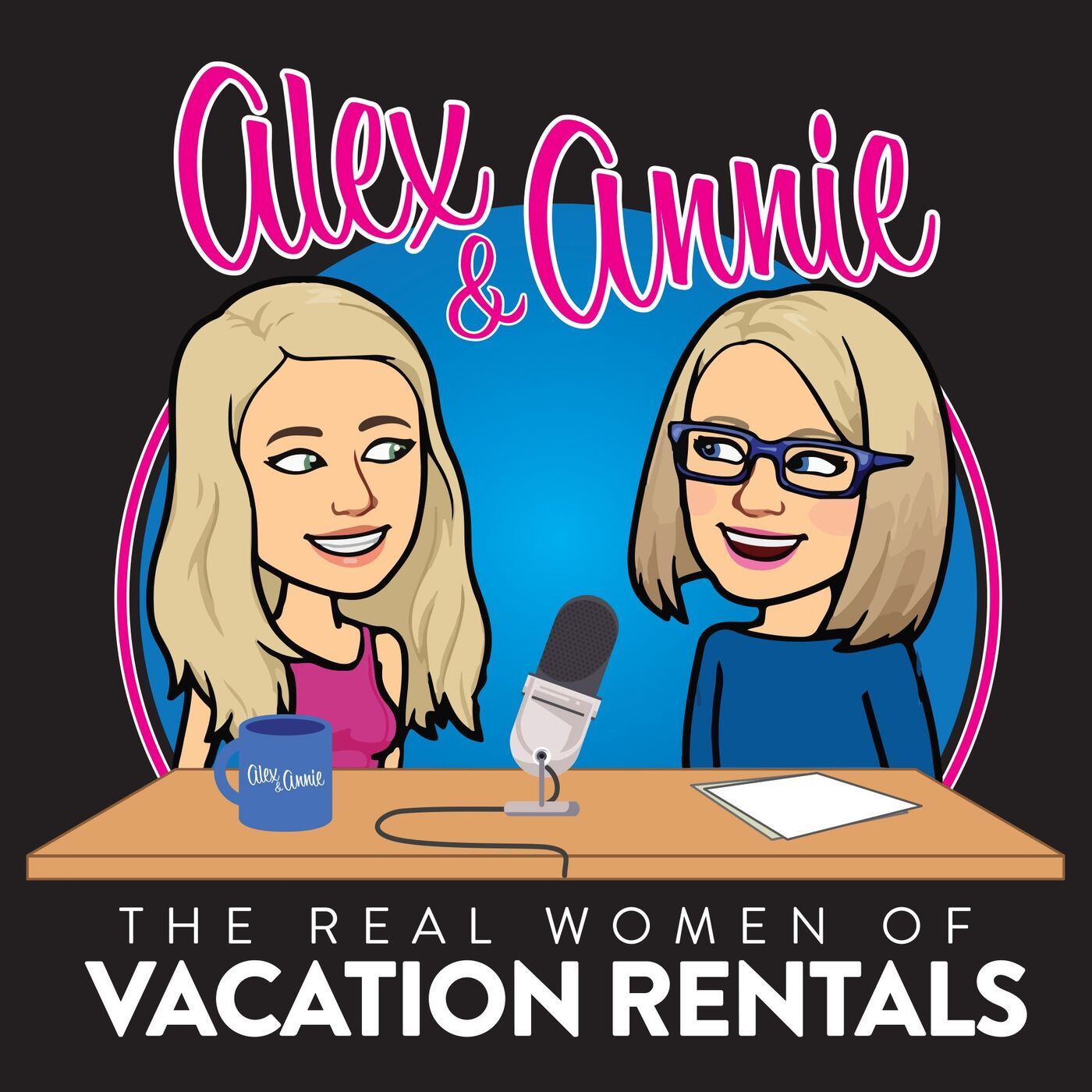
Listen to the complete replay of this session on the Alex and Annie podcast
SPOTLIGHT ON:
Direct Booking
Eric Pace, head of supply growth at Dtravel, and James Soulodre, head of marketing at Dtravel, discussed why direct bookings are a sustainable business model for short-term rental operators, the importance of building a brand, and how to attract a growing segment of valuable guests: digital nomads.
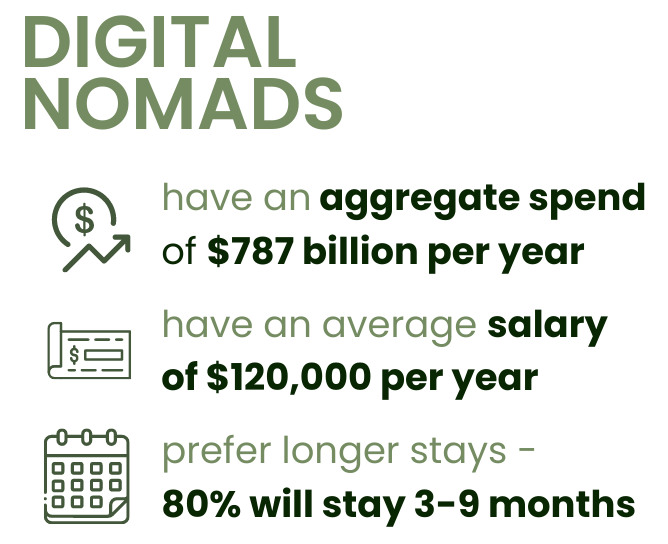
They also shared why a modern direct booking site is critical to your success and how to upgrade your existing site or simply get started. “Over-reliance on any single model, and over-reliance on OTAs is not exactly sustainable, said Soulodre. “We really believe that as an operator, you should be building your own brand.”
Having your own direct booking site enables you to tell your unique brand story and establish trust with travelers. The more you build your brand, the more you’re going to be able to drive your own bookings. (Plus, you can add 20% to 30% to your bottom line, just simply by saving on the commission fees typically charged by a platform.)
Tips for your direct booking website:
- Your website should be mobile optimized, fast, and feature a clean design and layout.
- Use images to set the tone for what guests can expect to experience during their stay.
- Accept diverse forms of payment on your website, including crypto.
- Cater to digital nomads with fast Wifi, comfortable desk area, well-equipped kitchen, laundry, flexible payment options, a list of local businesses accessible on foot or public transportation, and preferred rates for longer-term stays. If possible, mention these amenities on your homepage.
Learn more in the replay of Direct Bookings: Sustainable Revenue and Growth for Short-Term Rentals
Join the Rent Responsibly Network to access the replay of this session and dozens more.
Already a member? Log in here.
Future-Proof Your Brand
Conrad O’Connell, founder of BuildUp Bookings, and Paul Manzey, director of digital marketing at Vintory, discussed the groundwork you need to create long-term success with your vacation rental or STR brand. They explained how to build a strategy that works for you and shared a few tactics that will help you grow and build sustainable branding.
“Sustainability is doing three or four things well as opposed to nine or 10 things poorly,” said O’Connell. “You’re never going to bat 1,000 when it comes to all the different marketing techniques and tactics. You have to allow yourself a little bit of finding some things that don’t work to find what does work and is sustainable.”
One place to start: About 90% of all searches take place on Google, and the majority of direct bookings on vacation rental websites come from Google searches. Google searches are the number 1 referring source for direct vacation rental bookings followed by direct email and social media.
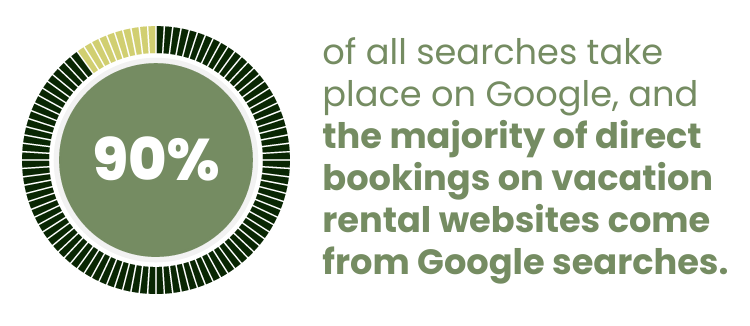
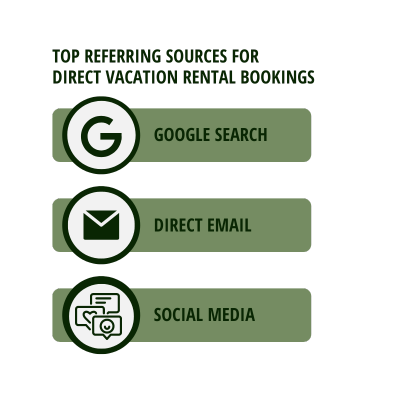
Their quick tips:
- The main goal of digital marketing is to drive traffic to your website.
- Understand your market and where your guests typically come from.
- Leverage marketing tools that are free or low cost. Examples: Set up Google Search Console, optimize your Google My Business listing, and hire a skilled website designer to design a website for your property.
- Choose quality over quantity. Focus on improving your search traffic on a few channels that offer the best chance of success.
- Understand how much it costs to get conversions.
- Social media marketing may not result in immediate conversions, but it helps to establish your brand and prompts people to think of you when they are ready to book their accommodation.
- Advertising to the market that actually wants to stay with me
- Use the calendars on OTAs like Airbnb to your advantage. Use OTAs for last-minute bookings, defined as 30 to 90 days out, but close the rest of your calendar to give travelers the opportunity to book directly with you, especially when they are booking far in advance.
- Be consistent in your email marketing even if it’s to a relatively small number of recipients. The consistency keeps you top of mind.
- Add something compelling to your emails like a discount or a blog post about the local area.
- Use Microsoft Clarity, a free behavior analytics tool, to understand how visitors are using your website and to identify opportunities for improvement.
- On your website, blog about something a traveler might search for in your area. For instance, the best hiking trails in the Smoky Mountains. This will direct traffic to your website.

Listen to the complete replay of this session on The Heads in Beds Podcast
Insights from
Behind the Scenes of Thought Leadership & How to Build Your Influence

Alexa Nota
Rent Responsibly

Dana Lubner
How to Save Your Vacation Rental Business

Heather Bayer
Vacation Rental Business School

John Hildebrand
Hildehomes

Natalie Palmer
The No Vacancy Podcast

Tatianna Taylor-Tait
Level Up Your Listing Summit
Multiplying Impact Through Thought Leadership
This panel of industry-favorite podcasters, event hosts, YouTubers, and social media stars gave a behind-the-scenes look at how they built influence, grew an audience, and handled the not-so-glamorous things that come with being some of the most recognized voices in short-term rentals.
A thought leader is an expert on a particular subject whose ideas and opinions influence other people, especially in business – they become considered the go-to person in a particular subject. While thought leaders do influence others, this is not synonymous with influencer, which is someone who has a large following but not necessarily a deep level of expertise.
Someone can be a thought leader just in their local community or in a virtual one, or they can be a thought leader on a larger scale (which we’ll touch on more in this panel.) And thought leadership can take any number of forms, from written publications, to speaking at or hosting events, to social media content, to TV, radio and podcasts.
There is a difference between true thought leadership and self-promotion. That said, true thought leadership generates meaningful and high quality return over time when done consistently. Several studies have measured this:

– Edelman and LinkedIn
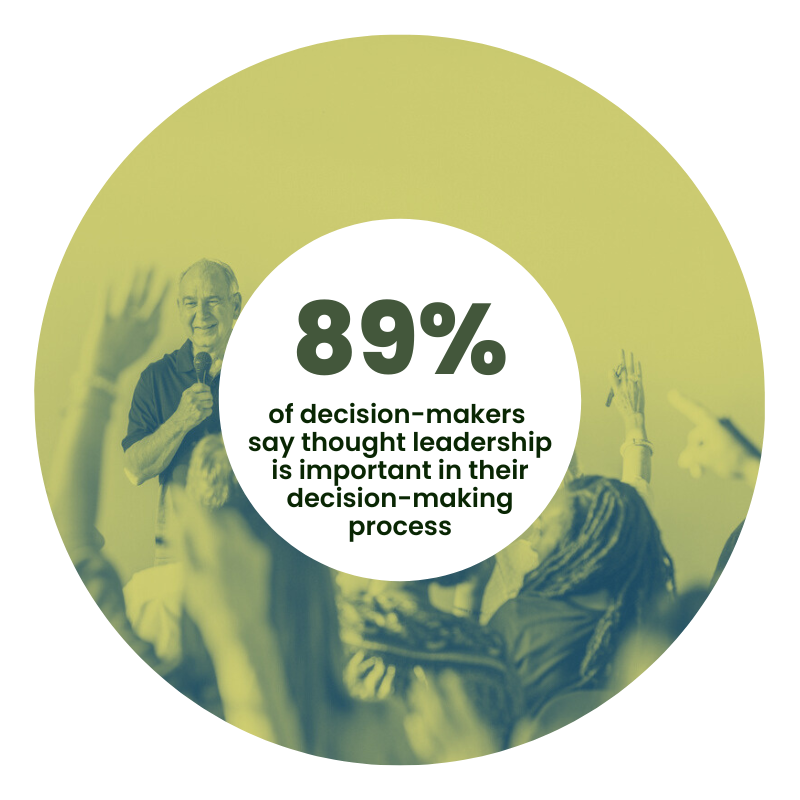
– DemandMetric

– Hinge Marketing
Key Takeaways:
- Thought leaders often start off simply wanting to share information they’ve learned firsthand or by interviewing other experts who have the answers to their own questions.
- “Go into it with that focus of helping people to help themselves rather than selling anything.” – Heather Bayer
- “Never stop learning and never stop growing. That’s my MO; you gotta stay curious. You have to seek out new ideas and perspectives and then engage and share the information you learn and the experiences you have with others.” – Dana Lubner
- Thought leaders carry a lot of responsibility and are held to a high standard of delivering reliable information.
- “Being a thought leader is the result of being so passionate about spreading the message of the power of our voices and our responsibility, and the privilege that it is to be an advocate.” – Dana Lubner
- Being a thought leader is often an extra to-do on top of hosting and other jobs, and it’s something that must be done consistently in order to be successful. “Sometimes it’s gonna take awhile to see results from something you did a few days or a few months ago. And that’s why consistency really matters.” – Alexa Nota
- Thought leadership is a lot easier to sustain when you’re being your authentic self.
- “Don’t be afraid to be vulnerable and just share as much of your experience, the ups, the downs, the struggles, you name it, because it really makes a difference to people. And that’s what they resonate with the most.” – Tatianna Taylor-Tait
- “I’m just as honest and as real as I can. Not everyone is gonna like it. That’s OK. If it helps one person change their life and do something positive, then it’s all good.” – John Hildebrand
Learn more in the replay of Behind the Scenes of Thought Leadership & How to Build Your Influence
Join the Rent Responsibly Network to access the replay of this session and dozens more.
Already a member? Log in here.
More from the guest speakers
PODCAST PLAYLIST
Hospitality.FM Podcast
Going Beyond Work-Life Balance
Alex and Annie, The Real Women of Vacation Rentals
Top Tips for Building a Sustainable Brand
The Green Path Podcast
Tapping Into Thriving Traveler Demand for Sustainable Stays
The No BS Short-Term Rental Podcast
Longevity Through Culture
Sarah & T, The Professional Vacation Rental Managers Podcast
How Many Guests is Too Many?
Thanks for Visiting Podcast
Sustaining Your Whole Self with Hosting Practices That Work for You
Heads in Beds Podcast
Future-Proof Your Brand: Sustainable Digital Marketing Techniques for Long-Term Success
Thank you for reading the 2023 STR Sustainability Report!

